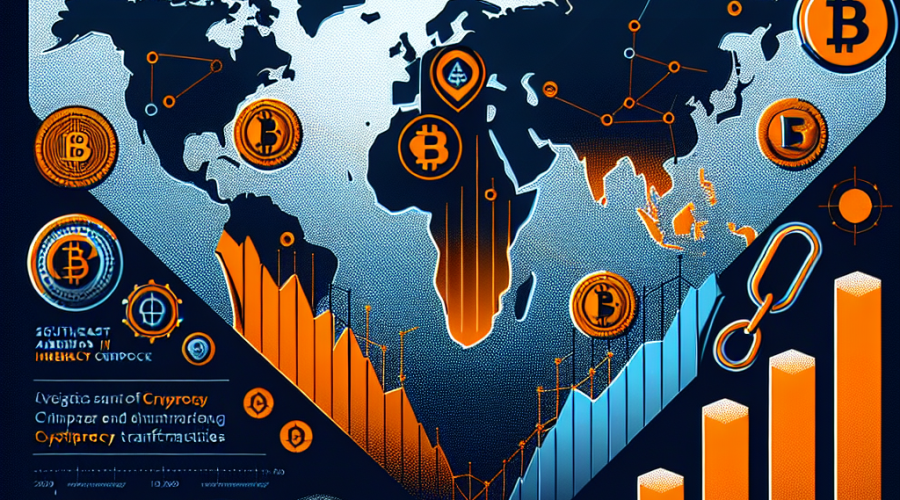The creditor community of FTX, a major cryptocurrency trading platform undergoing bankruptcy, is eagerly waiting for a potential court ruling in the upcoming week. The ruling may give a green light to the freezing of payouts to creditors residing in certain countries, including China. The hearing to decide this motion is expected to take place at the Bankruptcy Court in Delaware (U.S.) on Tuesday.
Possibility of Withholding Payouts in Restricted Jurisdictions
If the court acknowledges and accepts the motion, the FTX estate would have the authority to withhold payouts to creditors located in 49 countries that have been tagged as ‘restricted jurisdictions.’ This could potentially unleash a wave of damaging consequences, the impact of which might echo beyond the FTX case.
According to Weiwei Ji, known as Will on X and one of the affected FTX creditors, the ruling isn’t solely about FTX creditors but could also set a dangerous precedent that could harm the trust placed in the global cryptocurrency ecosystem. He claims that such a move could become a standard procedure for similar crypto bankruptcies.
Implications of the Potential Court Approval
If the court approves the FTX estate’s motion addressing the restricted countries, in the event of future bankruptcies, any offshore exchange filing for bankruptcy in the U.S. could easily identify countries like China as ‘restricted jurisdictions.’ This would lead to the unilateral seizing of user assets, legal refusal to repay, and consequently, loss of trust. Ji explains that ‘restricted lists’ are not determined by judges and it simply takes a lawyer to write a memo.
History of the motion
Since the motion was filed by the FTX estate on July 2, it has attracted close to 70 objections by Friday 11:00 UTC. Court records indicate that these objections majorly originate from Chinese FTX creditors, making up more than half of the total filings. This is consistent with the fact that China accounts for 82% of the total value of potentially affected claims from jurisdictions labeled as ‘restricted.’ The list of objections also includes submissions from Saudi Arabia and filings from countries not specified.
Volatile Creditor Claims
The announcement of the motion has resulted in a see-saw of FTX creditor claims, particularly those originating from the jurisdictions in question. It is reported that a drop of 20% – 30% has been observed in the pricing of these claims. Over $5.8 billion in FTX claims have been sold by customers to credit-focused funds. However, the price provided by such buyers is criticized as not very friendly.
According to a creditor, Sunil Kavuri, there is still $1.4 billion of pending settlements of FTX claims, with $380 million of this amount spurring from China and about $660 million in disputed claims.
Impact on the Crypto Ecosystem
Yuriy Brisov, the founder of the crypto regulation platform CryptoMap, mentions that the decision to sell a claim is basically a matter of individual risk tolerance, access to information and understanding of legal processes. The bigger concern, however, is that when claims turn into a kind of currency, legal precision then becomes a crucial strategy. The FTX case is just the tip of the iceberg in a new era of global digital insolvency.
The outcome of the case would indeed be precedent-setting – either establishing a legal defensive barrier for the unfair allocation of judicial resources or leaving a chilling effect upon the cryptocurrency industry. Further updates and implications of this pivotal ruling will be closely watched by the global crypto community.


















